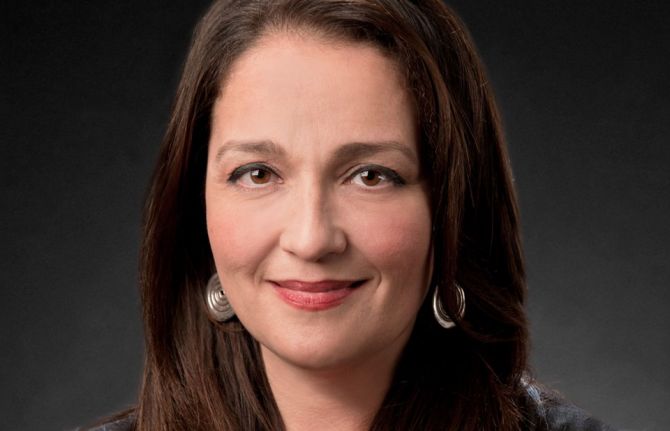

Press Release
UNAIDS welcomes Shannon Hader as new Deputy Executive Director of Programme
12 February 2019 12 February 2019GENEVA, 12 February 2019—United Nations Secretary-General António Guterres has appointed Shannon Hader as the new Deputy Executive Director of Programme of the Joint United Nations Programme on HIV/AIDS (UNAIDS) and Assistant Secretary-General of the United Nations.
“Shannon is an exceptional leader in AIDS and TB—with extensive experience in improving systems for health,” said UNAIDS Executive Director Michel Sidibé. “From Washington DC to Zimbabwe she understands the epidemic and the response needed at the community, country and global levels—her vision and knowledge will be critical for UNAIDS and to ending AIDS by 2030.”
Dr Hader started her career at the US Centers for Disease Control and Prevention (CDC) and most recently served as the Director of the Division of Global HIV and TB, a key implementing agency of PEPFAR, with more than 2000 staff across 45 countries.
Prior to re-joining the CDC, she held the position of Vice President and Director for the Center for Health Systems and Solutions at the Futures Group (now Pallidum). She led the HIV response in the District of Columbia while serving as Senior Deputy Director, HIV/AIDS, Hepatitis, STD and TB Administration. And in 2017, she was a candidate for US Congress.
A public health physician, Dr Hader’s career has spanned the research, programme and policy spectrum. She is board certified in Internal Medicine, Paediatrics and Infectious Diseases. Dr Hader has worked in the response to HIV in a number of duty stations throughout Africa since she first joined the CDC in 1999.
Dr Hader will assume her new role in March 2019.
“I wish to extend my sincere appreciation to Tim Martineau for serving UNAIDS as Acting Deputy Executive Director of Programme,” said Mr Sidibé.
UNAIDS
The Joint United Nations Programme on HIV/AIDS (UNAIDS) leads and inspires the world to achieve its shared vision of zero new HIV infections, zero discrimination and zero AIDS-related deaths. UNAIDS unites the efforts of 11 UN organizations—UNHCR, UNICEF, WFP, UNDP, UNFPA, UNODC, UN Women, ILO, UNESCO, WHO and the World Bank—and works closely with global and national partners towards ending the AIDS epidemic by 2030 as part of the Sustainable Development Goals. Learn more at unaids.org and connect with us on Facebook, Twitter, Instagram and YouTube.
Contact
UNAIDS Mediatel. +41 22 791 42 37
communications@unaids.org
UNAIDS
Sophie Barton-Knott
tel. +41 22 791 1697 / +4179 514 6896
bartonknotts@unaids.org
Press centre
Download the printable version (PDF)
